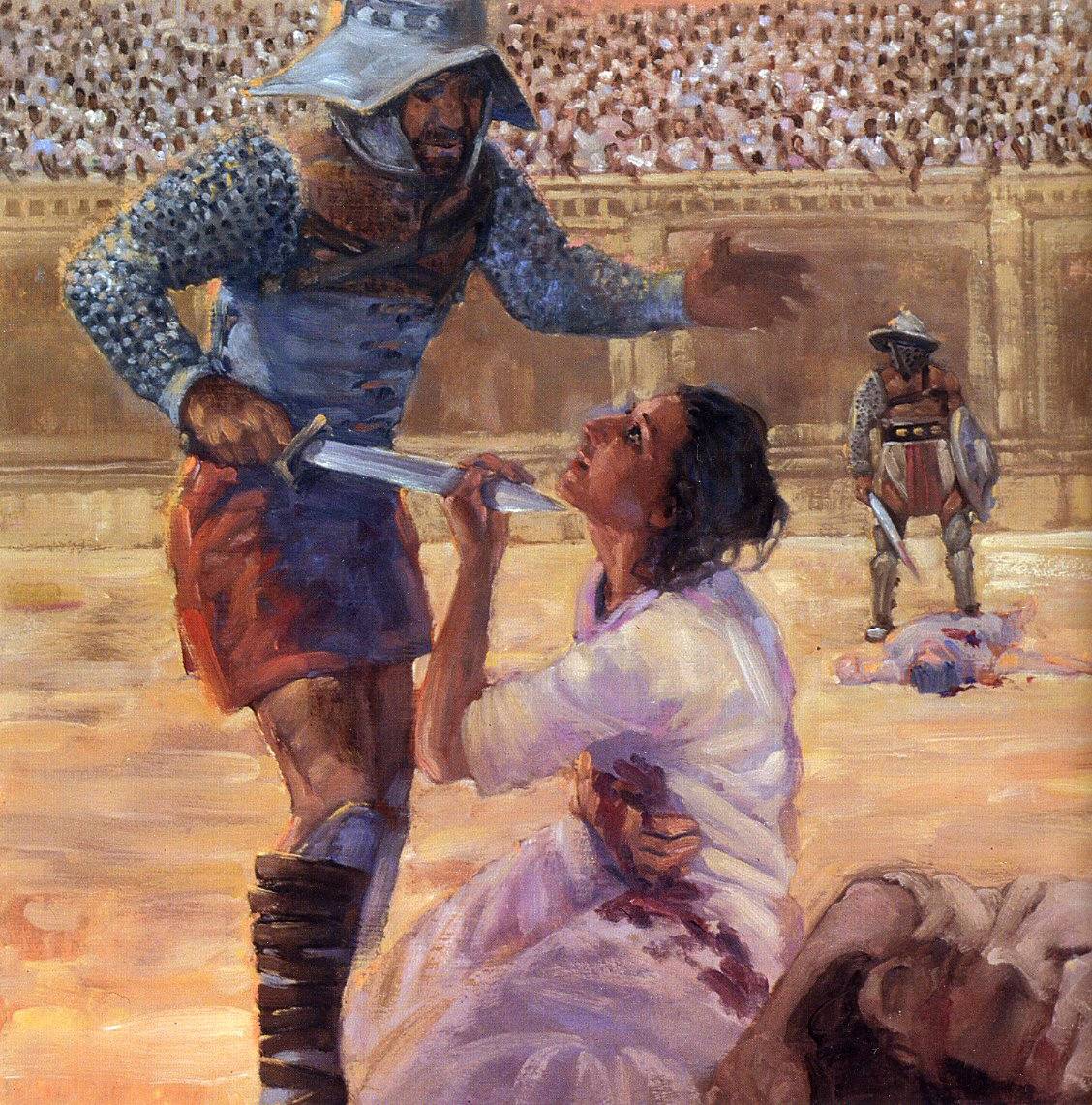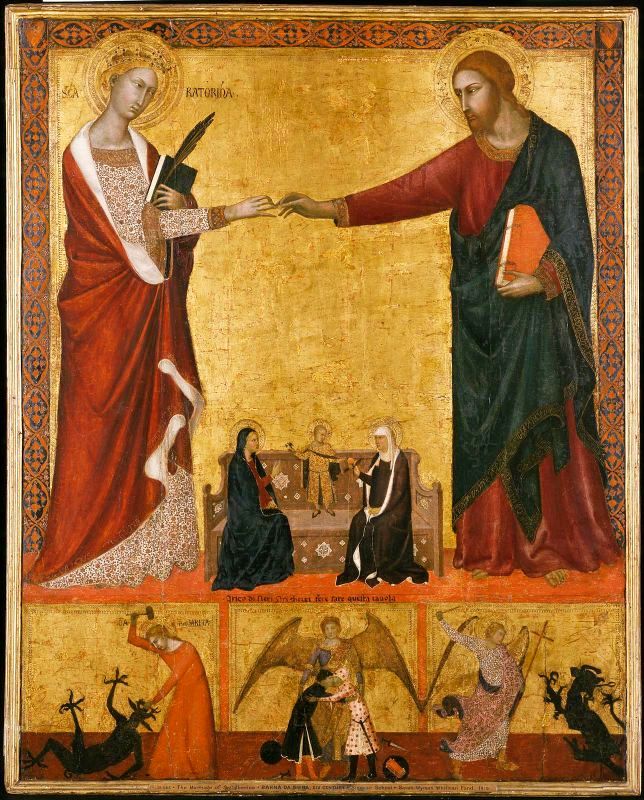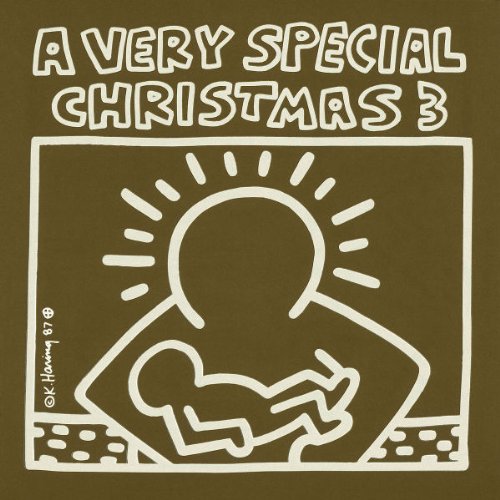
One of the big problems with language over time is its tendency to decay (I call it linguistic entropy). And what is the greatest sign of that? The phenomenon whereby even the most noble words become degraded and conflated with ideas that are the furthest thing from noble. For example, when the word "icon" is used today, the last thing that most people associate it with is that exquisite and mystical art that comes to us out of Eastern Christendom. Instead, what frequently comes to mind is a film star, or perhaps some useful application on the desktop of our computer. I suppose on some level it makes perfect sense that we might go about divinizing "pop divas", or "canonizing" rock legends. My problem is not that we use these terms in a diminished capacity (though that can certainly be problematic), my problem is that we never seem to use them in the right fashion any more. What this indicates is not so much the immediate death of a word (because we do still use these terms), but rather the death of the virtue behind the language itself (which I suppose ultimately amounts to the same thing).

Another prime example of our culture emptying words of their meaning comes to us in the form of a word like "martyr". Originally the Greek word meant "witness" (or one who gives testimony). Then, in the early centuries of the Church, it was upgraded to mean one who actually "testifies" to the Christian Faith by laying down their life. However, over time it has been thrown around so much that it has pretty much come to mean to anyone who has met with resistance based on their subsequent views of the world, especially if those views happened to be culturally fashionable.
Two pop songs in particular come to mind when I think of this false idealization of individuals. The song
Candle in the Wind, for example, attempts to turn Norma Jean Mortensen (the woman behind the Marilyn Monroe character) into a kind of martyr to the entertainment industry; a "legend" who did not deserve to be objectified in the manner in which she was. Well, I agree that she was objectified and victimized, but unfortunately, in order to be a true victim, you actually cannot be the main one responsible for your own victimization.
And then there's the song
Dear Vincent, a tender ballad written by Don McLean, which details the suicide of Vincent van-Gogh. However, as pretty as the song may be, it just so happens to be a "pretty" lie. In McLean's interpretation, depression wasn't what did him in, nor was it mental illness, rather, what sealed van-Gogh's fate, was a world that "wasn't good enough for someone so beautiful as he". Tragic figures and interesting human beings, yes; icons, legends, and martyrs, in the truest sense? No.
Obviously words can have a whole variety of connotations, and I do not wish to suggest that they should
only be used for the highest ideal (unless that word is God). However, I do have a problem with the fact we are losing the most important connotation in a bid to use it as loosely as possible. Consequently, the goal of this post is not merely to point out that we are losing the significance of a word like "martyr", but to argue that it wouldn't be the worst thing in the world to go back and retrieve the original meaning of words like these, lest we lose them completely.
At its most meaningful, the word "martyr" does not simply refer to one who suffers on account of some culturally relevant cause, but rather one who literally loses their life, standing, and good name for something that really does promise to further the dignity and equality of the whole human race.
For this reason in particular, I thought it more than a little apropos to celebrate the life of a woman whose feast day we celebrated only a few weeks ago (November 24th). St. Cecilia did, as a matter of fact, further the cause and dignity of women; she really was in the most genuine sense a courageous
model,
icon, and
legend for women across the ages, especially by virtue of the fact that she gave her own life in order to witness to a women's right to determine her own destiny.
.jpg)
So what was it about St. Cecilia and so many other female martyrs in the early Church that made them so special? And how might one compare them to those who quite often take up that banner today? First, no one gave them a bull horn from which to espouse their position; no one gave them a giant platform from which they could demand respect. To the contrary, the only platform that they received was a scaffold, and the only bull horn... an actual bull's horn. These were the original feminine heroines, these were the brave women who fearlessly asserted their right to be heard, not in empty declarations about sexual license- but in their refusal to be given away at the age of 12 to some creepy, greying, hairy-knuckled old man. No matter how much they were threatened, and no matter what the circumstances, they exercised their right to say "no" to this kind of male oppression, and they clearly meant it. And what was their reward? There were no magazine covers to celebrate them, no parade to reward their efforts. No, their "reward", more often than not, was a giant knife sawing at the back of their neck.

This is the truth behind the lives of most martyrs; this is the unglamorous reality that all of them have faced. Some may be celebrated during their lifetimes, but the majority are not (which would seem to me a powerful remedy against any ego trips). And so you may want to ask what was the impetus for this first "feminist movement"? What was the inspiration for women to break out of their hermeneutical "doll house" and demand respect from the powers that be. The answer is quite simple and clear: Jesus Christ. Yes, in spite of what many feminists believe today, the Christian Faith has been undeniably instrumental in paving the way for feminine progress.
The first female Christian martyrs asserted their autonomy over men by declaring unflinchingly that they could not be compelled to enter into any marriage and/or sexual relationship to which they did not consent. What was the key to them thinking that a man could not (and should) impose himself upon them? Hint: it did not come from that glad pagan patriarchy that so pervaded the ancient world. As a matter of fact, only in very select cases do we see the rights of women under consideration in the ancient world, and even when such "rights" were considered, those same rights would never have been applied to any woman who was "low born".
This power shift has its roots (primarily) in the notion that God Himself (who also happened to be "low born"), took flesh, and as a consequence, lent equal dignity to every human being great and small. Indeed, by elevating all human beings to his status, he subsequently exalted all men; but he especially exalted women, for they had a much longer distance to travel in order to enjoy equality.

Secondly, we can also trace this feminine progress to the manner in which Christ interacted with women. Unlike the way many patronize women today (either by talking down to them or "talking up" to them), Christ demonstrated a profound regard for women by praising what was praiseworthy in them, and critiquing what was worthy of critique. Showing respect for someone involves taking their ideas seriously enough to challenge what is worthy of being challenged, and praising what is worthy of praiseworthy. A dictator, dismisses any ideas that aren't his, and a doormat, dismisses any ideas that are. Christ was a true democrat in that he was equally willing to praise and criticize both sexes (though it seemed he spent more time praising women and criticizing men).
And lastly, there's the teachings of St. Paul, which offers us an even clearer basis for assuming the equal dignity of women. For those who may naturally doubt this assertion (and I know there are some), simply consider
Galatians 3:28, as well as
Colossians 3:11. This is not to suggest that such radical social change happens overnight (it doesn't), however the seed of a revolution is undeniably sown in the doctrines and statements that are set forth above. Of course these essential dogmas must also be believed in order to fully take affect, but clearly they were, for how else does one explain this new found "female obstinacy" in the face of such horrible male brutality. Yet this new way of valuing each human life could not have arisen from mere fancy, nor from a helpful insight. No, a revolution like this must derive its force from a new order of ideas.
Today (sadly), this "freedom" has come to include the "freedom" to be able to exploit one's self sexually. It also includes the "liberty" to do violence to the child inside your womb (another vulnerable and consistently oppressed class of people). Yet in the early Church this was precisely the type of exploitation from which women longed to be delivered. Indeed, Christian dignity meant the right
not to be raped, the right
not to be sexually exploited, the right
not to be forced into a marriage, and
not to be coerced into killing your child simply because they happened to be a girl. However, today radical feminism practically means the right to choose all of these abuses without even being coerced.
"Know that I am still in Alexandria.... I ask and beg of you to take good care of our baby son, and as soon as I receive payment I will send it up to you. If you deliver of a child (before I get home), if it is a boy, keep it, if it is a girl discard it. You have sent word. Don't forget me! How can I forget you!" -Biblical Archaeology Review-July/August 1991
This is a two thousand year-old letter from a Roman soldier to his wife. Observe how matter-of-factly he tells her to "discard" the girl. And most shocking of all, this all takes place in the context of an otherwise romantic letter! As for the "letters" of St. Paul, they are far more romantic (both historically and socially), for not only does he lay out a program for female autonomy (by declaring their equality in Baptism), but just as importantly he points out what this new relationship must entail. God has proposed marriage to humanity, and now man must
freely decide whether or not to accept His proposal. What other religion would be so bold as to suggest that not only does our decision in this regard matter, but that if we refuse Him, we are effectively leaving God waiting at the altar! (
Ephesians 5:29-32;
Revelation 19:6-9).
If the ancient world was built upon the "furies" and the "fates", then whatever Christ has introduced into the world is something radically different. The idea that a man is not simply a rag doll to be tossed about by the winds of fate, nor is he a slave simply to be crushed by his master, is a way of seeing the world not so easily reversed (think, the Israelites in the desert). And yet that is precisely what the Christian worldview seeks to interrupt and change. Every man, no matter who he is, is potentially a free born citizen of the City of God!
However, not surprisingly, such radical conclusions about our high dignity run contrary to plans of those who possess worldly power. Such "delusions of grandeur" naturally seem threatening to those who have so much invested in this world. Indeed, the idea that every individual has the right to rise up against injustice, demand a proper hearing, and shake the very foundation of history (with God's express permission), is an idea that is understandably met with tremendous suspicion and fear. Christians were not martyred because Jesus was nice, they were martyred because dictators couldn't have women, slaves, or others of low caste, thinking that they were worthy of respect and dignity. You cannot be a god in this world if everyone is.
.jpg) |
| Notice that this is not the type of revolution that murders others in an attempt attain rights, rather these figures are so brave that that they are willing to lay down their life in order to blaze a trail for others |
Christ is the Bridegroom, and the Church is His Bride. And it is only as a consequence of this purported espousal, that any of these brave women could ever have conceived that they had every right in the world to refuse the advances of men who had no intention of "proposing" anything to them at all. In light of this new found liberty- women like Agatha, Lucy, Cecilia, and Agnes (just to name a few) refused to submit to that old pagan patriarchy. Instead they preferred a new kind of genuflection, the kind of prostration that was more of an elevation. Indeed, they saw no contradiction in humbling themselves before a man who's very life it was to liberate them from the yoke of unscrupulous men. He was the type of Man that most women don't mind serving, the type of man before whom it is easy to kneel, not because one is particularly inclined to look at an exquisitely symmetrical pair of knee caps, but because in doing so one suspects that they will find themselves looking directly into his eyes.


















.jpg)



.jpg)
